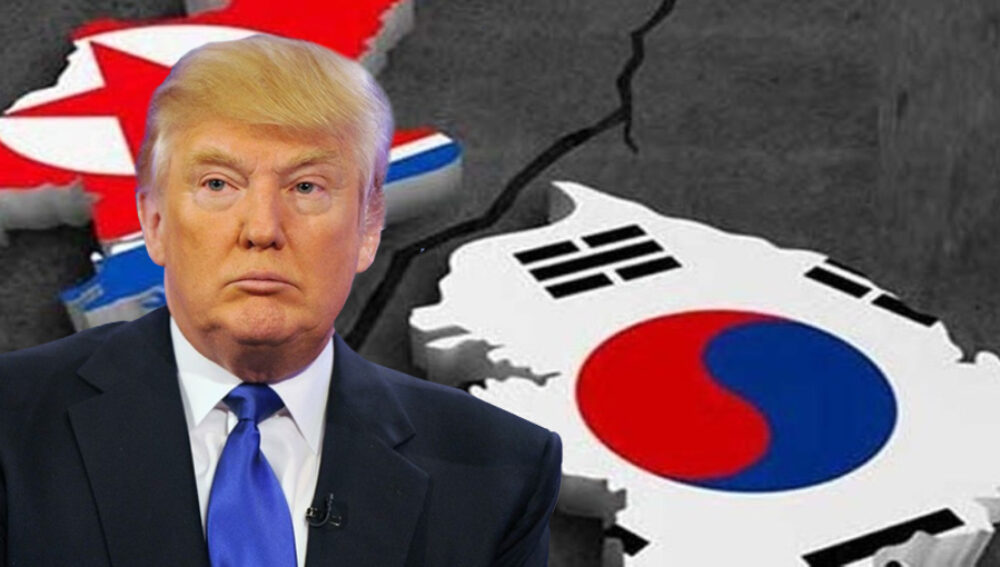North Korea’s state-owned news agency ran a wire story with tremendous significance just before Christmas, making clear that unilateral denuclearization is not going to happen. As part of a detailed explanation of Pyongyang’s position, it said:
“When we refer to the denuclearization of the Korean peninsula, it, therefore, means removing all elements of nuclear threats from the areas of both the north and the south of Korea and also from surrounding areas from where the Korean peninsula is targeted. This should be clearly understood.”
The text also states that “the denuclearization of the Korean peninsula means ‘completely removing the nuclear threats of the U.S. to the DPRK.’”
Pyongyang has long held that their nuclear weapons are a necessary deterrent and has made similar statements in the past, but not so clearly, nor with such a detailed explanation, nor at such a crucial time. Why did they choose to do so at the very end of 2018? There is a degree of unsatisfactory speculation that must take place to try to answer such a question, but we can see a few key elements of the negotiating procedure.
Please click here to read the full “Whence Korean denuclearization” article at Pacific Forum, written by Griffith Asia Institute Adjunct Research Fellow, Dr Andray Abramian.








